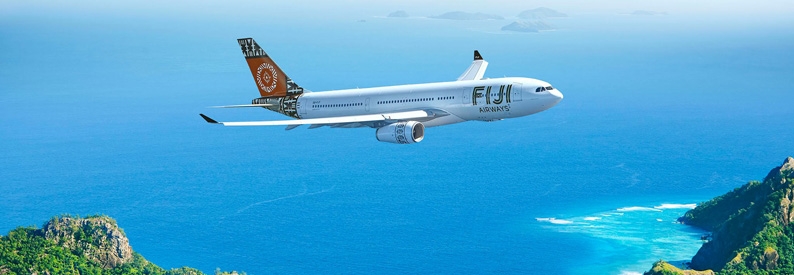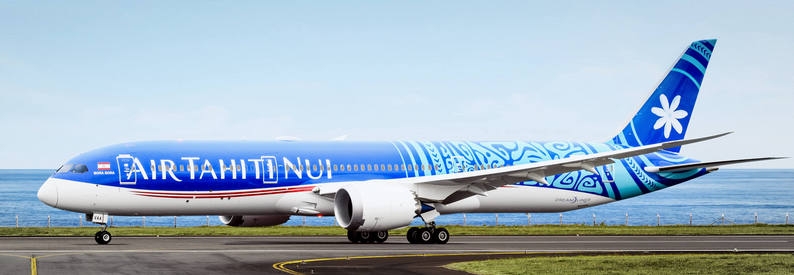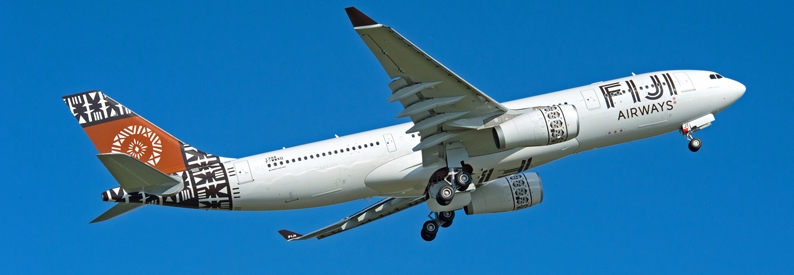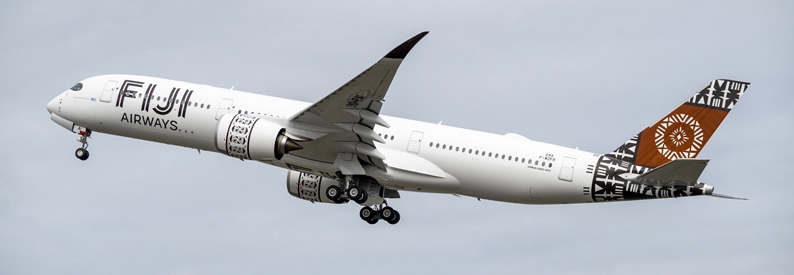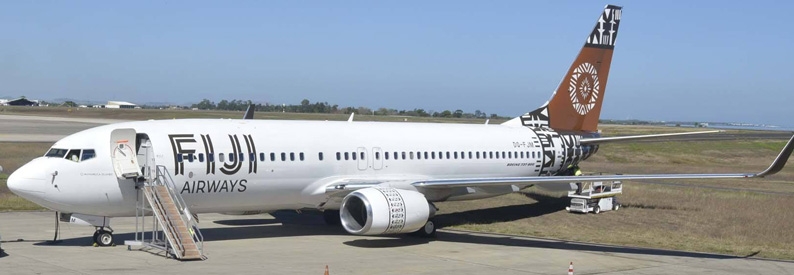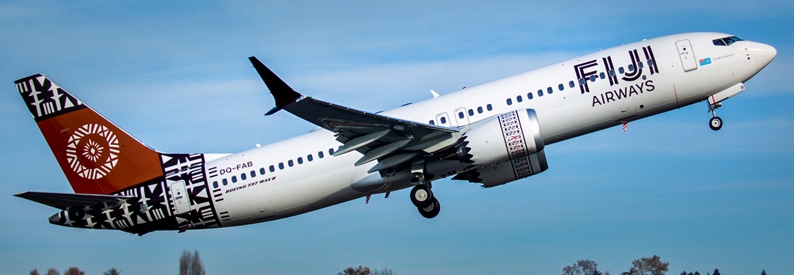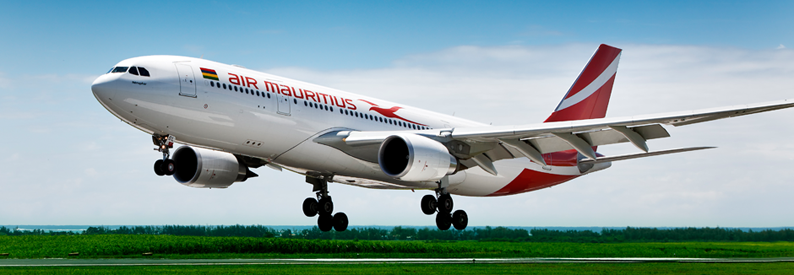Nearly 800 staff have been laid off and government support has been pledged for Fiji Airways (FJ, Nadi), which is struggling to cope with the coronavirus pandemic.
In a statement released on May 26, the national carrier said it had secured vital support from the Fijian Government, in the form of sovereign guarantees to support urgent financing actions required to tide the company through the COVID-19 crisis, and the expected slow ramp up of travel demand thereafter.
The bulk of the airline’s international services have been cancelled through to the end of June 2020, with further reductions expected in July and August. These cancellations, caused by the prolonged COVID-19 Pandemic, have caused revenue to dry up, whilst monthly fixed costs remain, the carrier said.
The government will be providing sovereign guarantees worth FJD450 million Fijian dollars (USD205 million) to bolster the airline’s cash reserves, including payment deferrals, and new long-term debt financing. The guarantees were ratified by parliament during a vote on May 26. This consists of a mix of domestic borrowing of up to FJD191 million (USD87 million) and off shore borrowings of up to USD117 million. This will be valid for three years effective from May 30.
Fiji Airways will also be exempted from paying the guarantee fee.
“The guarantee that we are seeking is for a number of sources of funding that will be ascertained. FNPF [Fiji National Provident Fund] is providing a loan of FJD53 million (USD24 million)," Civil Aviation Minister Aiyaz Sayed-Khaiyum is quoted by FBC News as saying.
"The Reserve Bank of Fiji [RBF] through the Export Finance Facility Loan will lend FJD75 million (USD34 million) to the Fiji Development Bank which will then lend it to Fiji Airways because RBF cannot do the Direct Landing at the rate of three percent so FDB will have the opportunity to make some money with the two percent margin that they will charge.”
Andre Viljoen, Fiji Airways managing director and chief executive said: “With effectively no travel demand and therefore no cash flowing into the business, our primary focus since March has been the preservation of cash reserves, negotiating payment deferral arrangements with aircraft financiers, lessors, and suppliers, and raising new debt finance.” He added that without the state guarantees, “Fiji Airways would not survive.”
The announcement came a day after the airline revealed layoffs, with more than 800 staff being cut. This includes eight expatriate executives, 79 expatriate pilots and 758 employees from across the airline group who do not have work now or in the foreseeable future. Fiji Airways said they will be paid a minimum notice period of one month.
Viljoen said the announcement was “very difficult” and one only taken after exhausting all other options. “The sad reality of prolonged flight suspensions means that we simply do not have work for a large segment of our workforce now, and for the foreseeable future.”
“When the first flight suspensions were announced in March 2020, we implemented a series of actions aimed at tiding us through the April to June period, in the hope that the crisis would abate and some level of demand would return. Most of our workforce agreed to a temporary 30-35% pay reduction. However, regrettably, all of our international passenger services remain suspended, and it is simply not sustainable to continue to pay staff who are at home and not working, even at reduced salary levels. We have a responsibility to our shareholders, and to the Fijian people, to ensure that Fiji Airways survives this crisis,” Viljoen said.
A 20% permanent salary reduction has been implemented for all retained employees effective June 1, 2020. These workforce reduction measures will result in a circa 50% reduction in the company’s payroll costs.
Fiji Airways continues to fly freighter services and between April 1 and May 14, the airline carried over 1,000 tonnes of freight between Fiji and key trading partners like Australia, New Zealand, the United States, and Hong Kong. Just over 622 tonnes of freight carried were exports, comprising of fresh produce (75%), garments (14%), Kava (6%) and seafood (3%). Inbound freight consisted of consignments important to Fijian businesses, as well as essential supplies like vaccines, test kits, medical supplies, and humanitarian aid.

